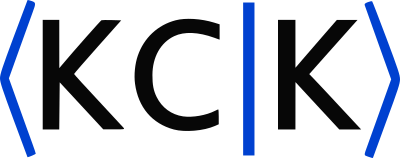Online Seminars on Quantum Information in Poland. Warsaw time zone.
Future events
No events are found.
Past events
Speaker: Tiago Debarba (Universidade Tecnológica Federal do Paraná/TU Wien)
Abstract
Quantum information provides a description of quantum mechanical systems based on informational assumptions, which leads to an informational characterization of the quantum world. However, it requires perfect control of microscopic systems, as described by the laws of quantum mechanics. This has proven to be one of the most critical challenges in recent technology development since quantum systems are highly sensitive to any noise. Thermodynamic effects can introduce noise, imposing limitations on the ability to control the preparation, operations, and measurement of quantum systems. Therefore, considering the laws of thermodynamics in quantum informational protocols appears natural and more realistic. In this talk, I will discuss the foundations of thermodynamics in microscopic systems and explore the limitations that thermodynamic effects impose on certain informational protocols, such as information broadcasting and Schumacher compression.Speaker: Nikolaos Kollas (University of Patras)
Abstract
We review the mathematics of exactly solvable Unruh-DeWitt detector models, interacting with massive scalar fields under instantaneous interactions, to construct a relativistic quantum Otto heat engine. By deriving the conditions under which the thermodynamic cycle is closed we present preliminary results on the dependence of the extracted work as a function of the relativistic velocities of the detector during its interaction with the hot and cold baths and compare these results for two different couplings defined in the laboratory and the detector’s frame of reference respectively.Programme
15.30 – 15:55 Dariusz Chruściński “Roman S. Ingarden and his passion for physics”
16:00 – 16:55 2022 Ingarden Memorial Lecture
Artur Ekert “Bell inequalities: From Curiosity to Security”
17:00 – 17:15 Coffee break
17:15-17:45 Distinguished talk (to be announced Nov. 29th, 2023)
17:45-18:15 Awarding of Junior KCIK Award for best Bachelor Thesis in quantum Information (to be announced Nov. 29th, 2023)
18:18 The End
